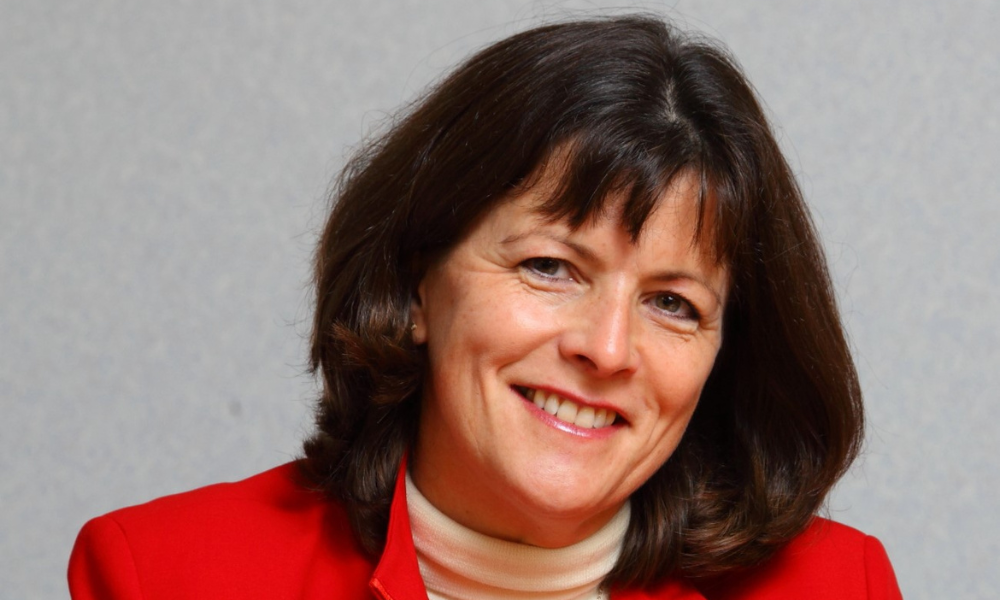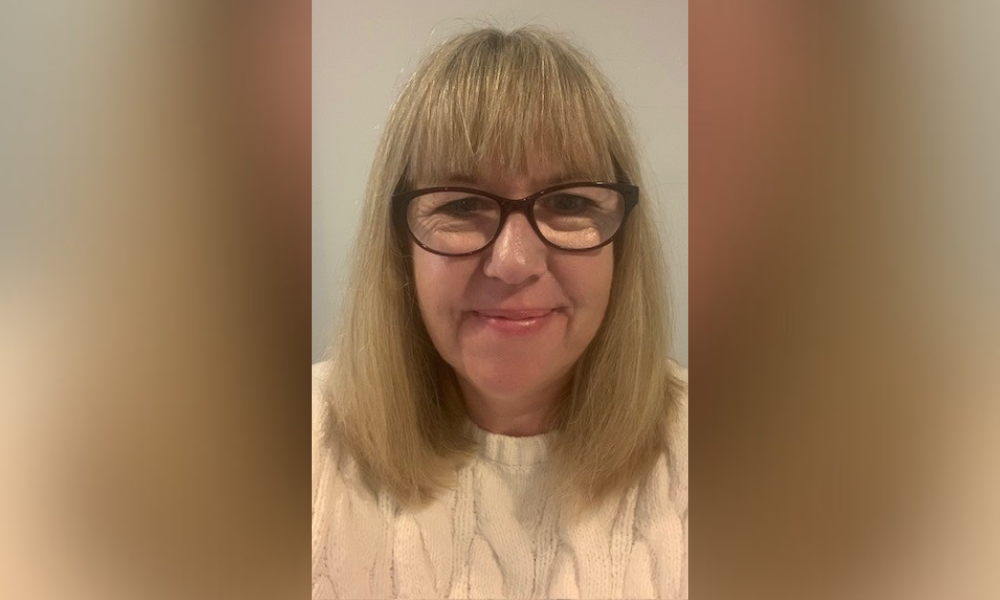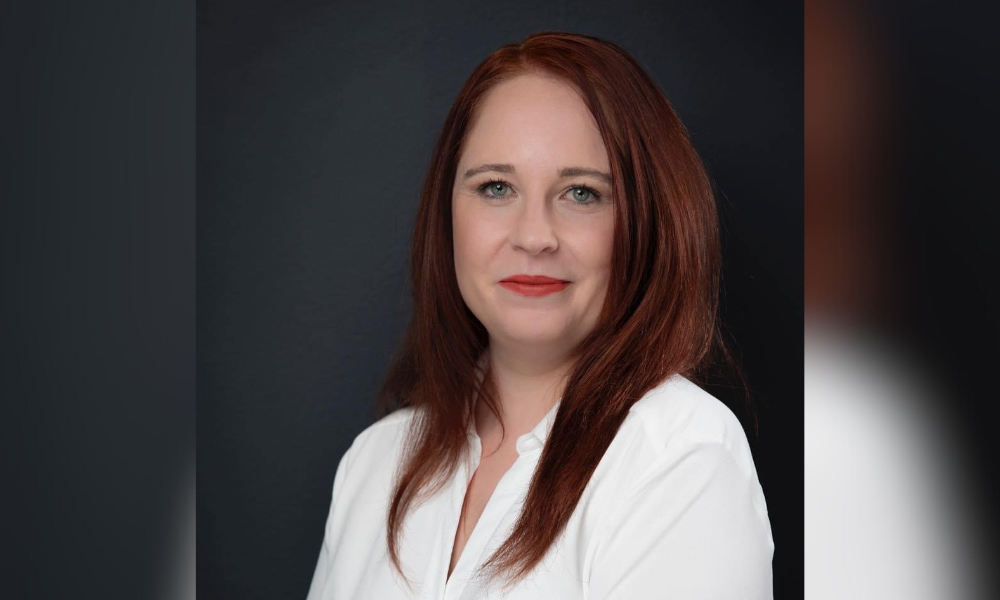Mortgage industry women debate whether the Chancellor is being treated fairly

One could be forgiven for believing that the Chancellor Rachel Reeves currently has a higher profile than her boss, the Prime Minister Keir Starmer – and not always for the most positive reasons.
Reeves’ face has adorned the front pages of the national newspapers all week – not only because of the Spring Statement that she delivered to the House of Commons, which universally seems to have received a lukewarm response, but also because of the criticism directed at her for accepting free tickets to go to a pop concert with her daughter, while making cuts which will potentially cause hardship for many.
Clearly, Reeves is a key figure for the financial services world – so many of her decisions as Chancellor can have a direct bearing on the market, but more widely they help shape the way millions of people are living day to day. There are suggestions, though, that the intense scrutiny she is under may in part be because she is the UK’s first female Chancellor, and that some of the criticism is rooted in sexism. The nickname ‘Rachel from Accounts’ has widely been used to dismiss her, since questions were raised about alleged inaccuracies in her CV. So, what do women working in the mortgage business – itself a traditionally male-dominated world – have to say about that? Is Reeves being unfairly portrayed because of her gender?
Joela Jenvey (pictured left), mortgage adviser at Nurture FS, believes so. “As an experienced female mortgage professional and business owner, I’ve been following the coverage of Chancellor Rachel Reeves with interest,” Jenvey told Mortgage Introducer. “I do believe we should acknowledge how much things have shifted for women in the workplace. On Rachel Reeves, it’s clear she’s being held to a different standard, which is all too common for women in high-profile roles. The nickname ‘Rachel from Accounts’ is deeply sexist, reducing her to a stereotype based on her gender. Men in similar positions rarely face such dismissive commentary.”
Jenvey suggests it should be recognised that some of this rhetoric comes not just from men, but from women as well. “Sadly, women can sometimes be the harshest critics of one another, reinforcing outdated stereotypes that hinder progress,” she said. “It’s something we should all reflect on and try to avoid. I also think it’s worth noting that any criticism of her decisions around the Spring Statement or accepting free tickets to a pop concert should be looked at in the broader context of her work and the immense pressure she’s under in such a high stakes position. The scrutiny is, at times, harsh. I think it's important to recognise the balancing act she must perform between public perception and the difficult financial decisions she has to make.”
The focus, Jenvey believes, should be on how we assess Reeves’ role. “Are we judging her by the same standards as a male Chancellor?” she asked. “At times, the media is harsher on her because of her gender, and we should be mindful of that. However, given the nature of politics, back-biting is almost inevitable. We all need to focus on being professional and get on with the job at hand. For women in leadership roles, that means navigating both the praise and the criticism with grace – and sometimes, that can be a lot harder than it seems.”
Kim Balasubramaniam (pictured second from left), co-founder of Versed agrees that prominent female politicians such as Reeves often face far more personal scrutiny than their male counterparts. “Attention often focuses on their personal lives, attire or mannerisms rather than their policies or achievements,” she said. “Women in politics are frequently held to high standards & expected to balance professionalism with traditionally feminine qualities like warmth and likability, a double-edged expectation that men rarely face. For example, when female politicians express confidence they are sometimes labelled as aggressive or bossy whereas male counterparts may be seen as assertive or strong leaders. However, her policies and action so far, and the content of the Spring Statement given earlier this week, hasn’t necessarily done her any favours. Some of the criticism of this is valid and deserves attention, just as it would if a male counterpart was in office.” Balasubramaniam added: “Ultimately the focus should always return to the politics themselves rather than the person delivering them, ensuring fairer and more balanced discussions.”
READ MORE: International Women's Day: Why the industry has more to do to fully achieve women's equality
Is Rachel Reeves being treated any differently to other women in business?
What Reeves is experiencing currently is akin to what women generally come up against, according to Serena Smith (pictured second from right), a mortgage adviser at Mortgages with Serena. “I personally feel that, sadly, the approach to Rachel Reeves is as most women experience, more about her sex than what she says or does,” said Smith. “Take, for example, a quick Google search - the top questions are: how many children she has, is she married with children? Change it to a male and it's what is his role? Her accepting a gift - we don't know if it's been declared, and if so, can we please look at all the gifted/pr we see daily on social media, please, and throw as much shade there too?” Reflecting on the jibe ‘Rachel from Accounts’, Smith added: “Find me a male MP with such slurs thrown at him. It's 2025 and I'm saddened to admit I don't think things will ever truly improve.”
Suggestions that Reeves is a victim of sexism won’t wash with Jordanne Whiley (pictured right), mortgage adviser at Hearthstone Mortgages. “The fact that she’s a woman has nothing to do with it at all, in fact, as a business woman myself, I would never want to be associated with her!” said Whiley. “I honestly strongly dislike her, I think she’s a fool and has no idea how to financially run a country and she isn’t looking at the bigger picture or any knock on effects that her decisions are having. She says her priority is the working people but then she drives a third of the country’s wealthiest people to leave the UK, which results in millions of tax payers’ money leaving the country, and who has to pick up the lost tax? The working people!” She continued: “Working people who were set to receive pay rises this year are now not getting them because their employer has to pay more in NI - again working people are the ones affected! The UK’s wealthiest people and their companies are the ones who provide jobs to working people, so the answer is not to financially ruin these people. They have the wealth and means to leave the country or pack up the business and retire, but then all those jobs are lost and again the working people are affected - in my opinion it’s ludicrous.”
For Kate Davies (pictured below, inset), executive director at IMLA, The Intermediary Mortgage Lenders Association, it seems inevitable that Reeves is subjected to sexism. “I’m sure Rachel Reeves gets a lot of sexist/misogynistic flak – in common with many female politicians and those in senior positions,” said Davies. “Unfortunately it still goes with the territory – though in the mortgage world we are working to improve things.”

Alison Dearman (pictured inset below), a mortgage broker at Chris Law Mortgages, is more cautious in her appraisal. “Is she being unfairly treated because she is a woman?” asked Dearman. “Possibly by some, although I would like to think that the criticism is aimed at her ideas and her actions rather than her being female. Although, I have heard her compared to Liz Truss, who caused more chaos and pain than anyone I can remember, purely because they share the same gender, rather than any previous Chancellor, who of course have all been male, where maybe a more accurate comparison could have been made based on the assessment of how well they have done their job.” She observed: “I can’t see how her Spring Statement did anything to help the mortgage market, homeowners or first time buyers at all. There was repetition of wholly unfeasible house building targets with no clear plan as to how that will be achieved. At least there was no change to cash ISA limits - not yet anyway.”

Mortgage adviser Emily Franks (pictured inset below), from Emily’s Mortgage Services, doesn’t have an opinion on Rachel Reeves either way, but is glad not to be in her shoes. “I certainly don't envy the role she has!” Franks declared. “I think a lot of women face criticism and difficulties in all industries, politics and finance especially, as they have historically been male-driven. I find the way the media treats women, especially those with an element of power, to be demeaning in many ways. There is usually something about their appearance or their choices that is criticised publicly on a personal level. Men certainly don't always face the same adversity and I look forward to a time when people are judged on their ability to do the role given and the results it produces, rather than anything else.”

“I’m sure Rachel Reeves gets a lot of sexist/misogynistic flak, in common with many female politicians and those in senior positions,” said Davies. “Unfortunately it still goes with the territory – though in the mortgage world we are working to improve things.”



